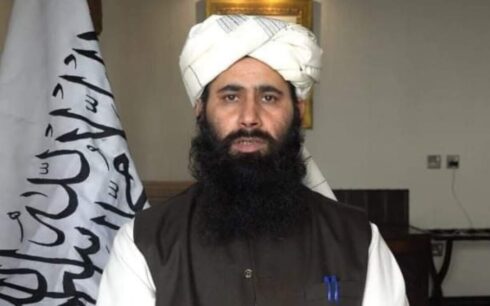KABUL — In less than two weeks, the Taliban have sold over $80 million worth of oil from the Amu Darya oil field, sparking concerns about the transparency of revenue use. The acting Taliban Minister of Mines and Petroleum announced that eleven blocks of the Herat oil field will be allocated to qualified companies this year.
The swift sale of 150,000 tons of crude oil from the Amu Darya oil zone has generated significant revenue for the Taliban. Additionally, 20,000 tons of oil from the Angot area of the Amu Darya oil field were sold through open bidding for nearly $11 million.
Shahabuddin Delawar, the acting Taliban Minister of Mines and Petroleum, dismissed criticism regarding the lack of job opportunities for citizens. “They say there is no work in Afghanistan… thankfully, there is plenty of work,” he said at a recent bidding ceremony.
Delawar also detailed plans to further increase revenues from Afghanistan’s oil fields. He announced that eleven blocks of the Herat oil field, covering 23,000 square kilometers in Herat and Badghis provinces, would soon be contracted. “Many major national and international companies have shown interest, and their proposals will be collected soon,” Delawar said.
Despite these announcements, the Taliban has not provided clarity on how the revenues from these sales are being utilized, raising concerns among economists and citizens. “People are concerned that this income from mines, oil, and gas may not be used for social welfare and economic development and may be wasted,” said Sayed Haroon Amini, an economic expert.
Citizens argue that the national wealth of Afghanistan should be transparently managed. “Mines are national wealth and should be spent in areas beneficial to the people. People need to know how the money from the mines is collected and spent,” said a Kabul resident.
Over the past two years, the Taliban has kept details about the national budget hidden from the public. Economists have urged the Taliban to inform the public about how the revenue from natural resources is being spent. “It would be good to inform the public about the expenditure of this money,” said Bahram Ramesh, another economic expert.
Afghanistan currently has five oil zones under extraction. The Taliban-run Ministry of Mines and Petroleum revealed that daily oil extraction from the Qashqari block has reached 1,100 tons, with 18 active wells at the site.





